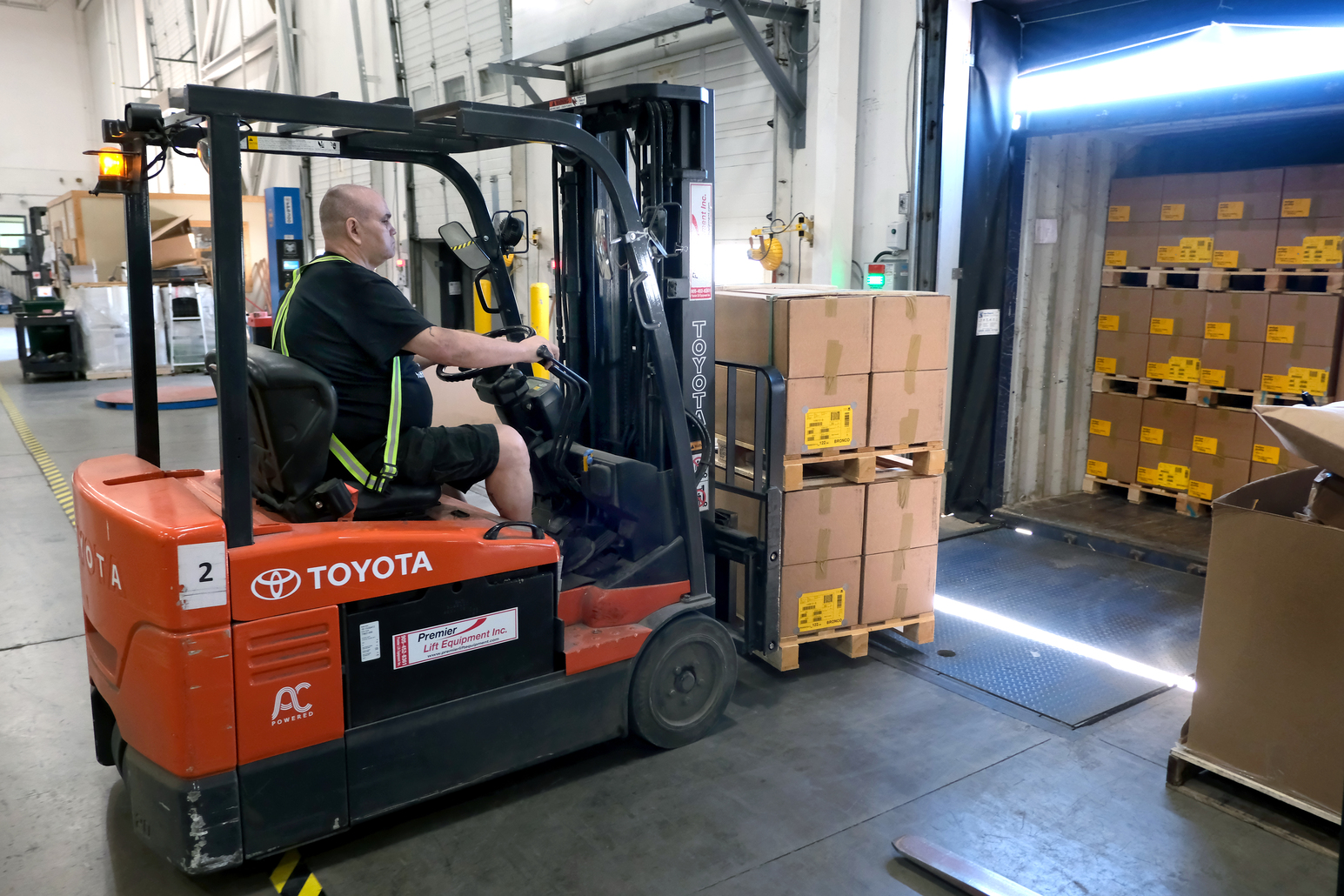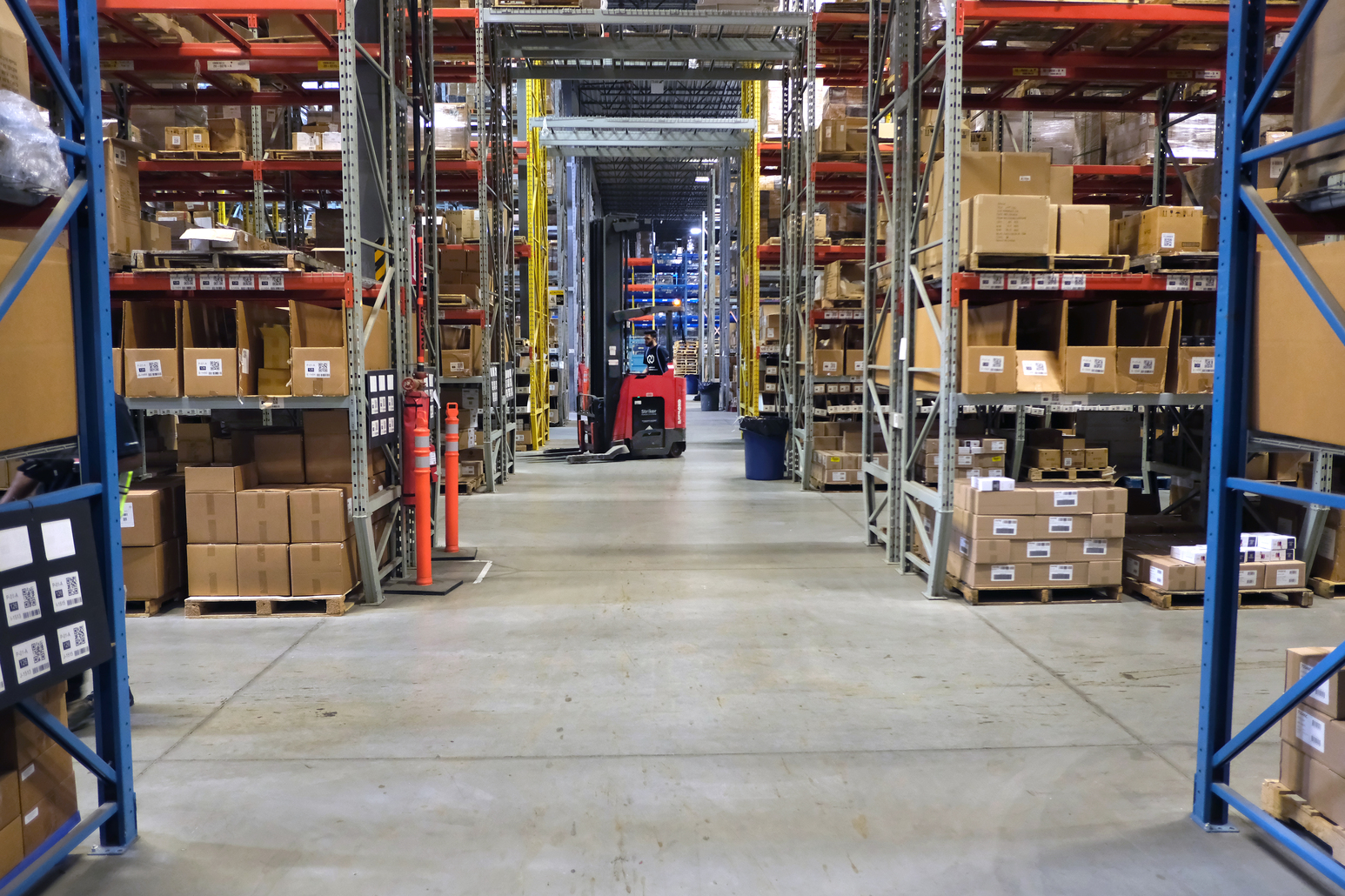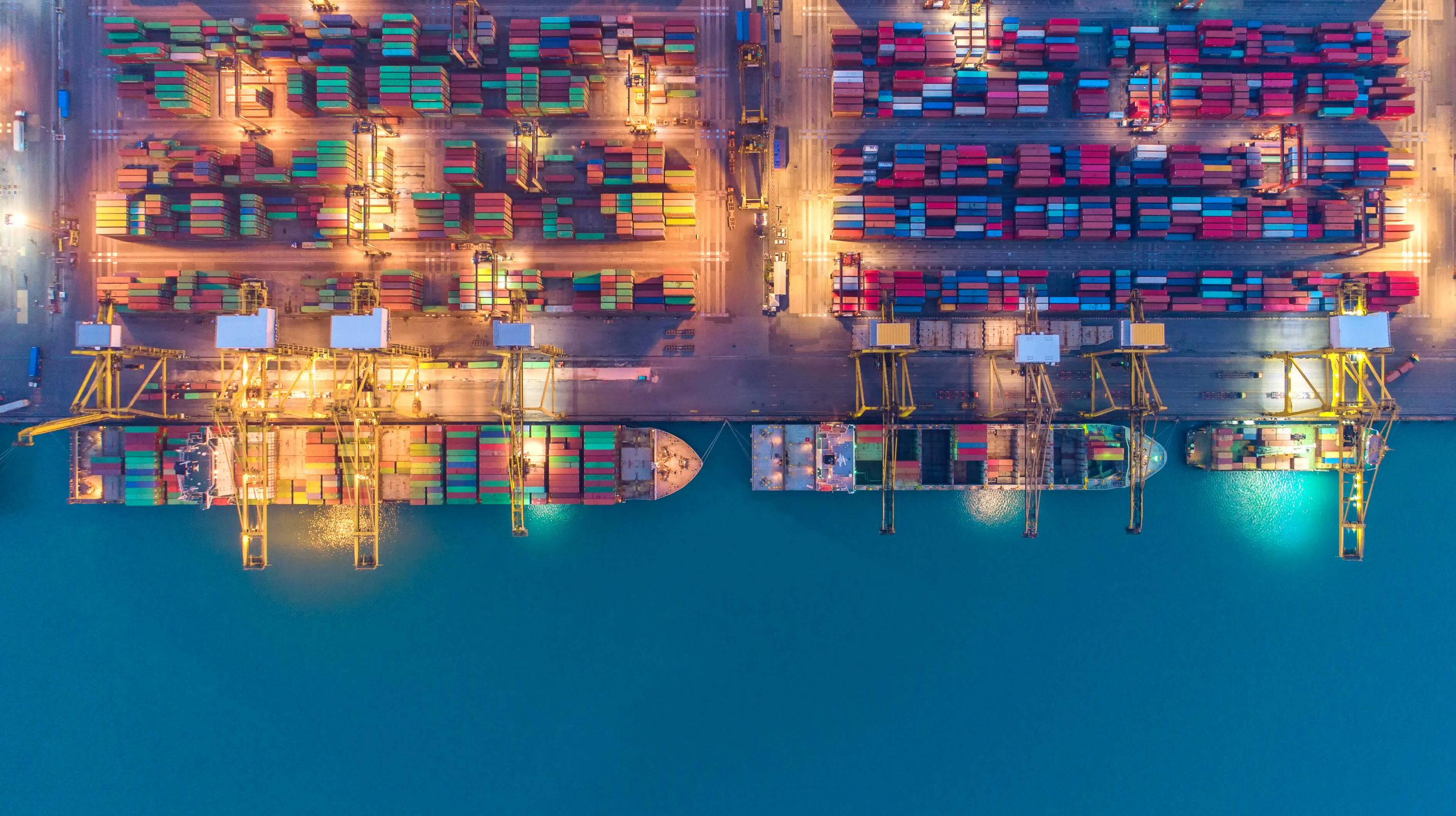Routine shipments to Canada are a fairly easy function. Armed with a commercial invoice, certificate of origin and accurate HS classifications, importers will normally experience a hassle free import. But many imports attract interest from other government departments (OGD). The same goes for exports as well.
Ensuring compliance is paramount for both importers and exporters to make sure that their good standing with the CBSA (Canada Border Services Agency) is not tarnished by meeting all of the requirements from relevant government agencies. Some of the OGDs that may become involved are:
- CFIA (Canadian Food Inspection Agency).
- The Department of Foreign Affairs and International Trade.
- Transport Canada
- Health Canada
Each of these departments carry specific duties to maintain the flow of goods in and out of Canada and to protect residents and the environment. The CBSA clears goods for export and import through electronic declarations and perform shipment inspections and verification of permits to ensure compliance.
CFIA
The Canadian Food Inspection Agency is perhaps the broadest government agency that is routinely involved with the CBSA. Almost all fresh and frozen food products are subject to some kind of additional documentation to be presented upon entering or departing the country. Live plants and animals also fall under the realm of the CFIA. Sanitation certificates and import/export permits must be obtained prior to entry or departure. Wood packaging such as pallets, crates and dunnage must be accompanied by a fumigation certificate issued by the country of export to prevent any possible infestation of unwanted pests and disease.
Some of the specific harmful items of interest currently are Avian Influenza, Bovine Spongiform Encephalothapy and as usual, food labelling and recalls that could cause serious health issues.
Department of Foreign Affairs and International Trade
Import permits are required for many commodities under this government agency. Some products are monitored for quota such as textiles, clothing, steel products and agricultural/dairy products such as eggs and poultry. These quotas are usually established to prevent any domestic harm for manufacturers that produce the same or similar products.
In addition, they can also help exporters that are wishing to expand into overseas markets through the Canadian Trade Commission Service.
Transport Canada
While Transport Canada has many responsibilities across the country, they also have an interest in any new or used vehicles that are imported into Canada. Through the Registrar of Imported Vehicles (RIV), they maintain a list of vehicles that are eligible for import. The rules of compliance include emission requirements, vehicle recall clearance and together with the CBSA, the collection of any duties, GST and registration fees for that particular vehicle.
As recent as April 2015, a new vehicle import pre-clearance program was amended allowing up to 2500 new vehicles to be imported annually provided they are from the ‘known’ manufacturers list and meet all safety and eligibility requirements. The transportation of hazardous goods and tires also fall under the jurisdiction of Transport Canada.
Health Canada
Overseeing the Consumer Product Safety Bureau, Health Canada provides information on a wide variety of products including but not limited to, children’s toys and clothing, lighters, monoxide detectors and household and garden products. Importers who wish to introduce new products to the Canadian market should contact the authorities or their customs broker prior to making a large purchase for import.
The Importance of Compliance
When you consider the standard customs laws according to the Customs Act and D-regulations, the challenge of staying compliant can be intimidating. When you add in other government departments and the myriad of additional rules, the challenge can be downright overwhelming.
Importers and exporters that choose to go it alone could be taking a major risk with their standing with the CBSA among others. Unless they are well versed in all of the potential customs requirements, it is advised that they engage the services of a licensed customs broker and/or certified freight forwarder.
While a freight forwarder is not ‘licensed’ by the CBSA, they are well versed in reporting requirements for both import and export cargo. And, quite often they have a customs brokerage division (or vice versa) so any inquiries can be managed by a single company.
The advantages of dealing with a customs broker to investigate all compliance issues are tremendous. They are well versed in all aspects of the standard clearance such as HS classification, valuation and rules of origin. But they are also trained in putting the whole package together, regardless of whichever other government departments are involved. If you are not sure, don’t take a chance on making an erroneous declaration and potentially suffering AMPS (Administrative Monetary Penalty System) fines and possibly a red alert on every shipment.
Mantoria Inc. is such company; offering turnkey customs brokerage and freight forwarding services across Canada and the globe. Before making any assumptions, contact our team of freight and customs experts and ensure that you make your international compliance requirements are in order.



